A federal judge is weighing whether to hold Trump administration officials in civil contempt after they defied a court order blocking deportation flights last month – even as the Supreme Court on Monday handed the administration a temporary legal victory, allowing it to resume use of the 1798 Alien Enemies Act to deport illegal immigrants.
President Donald Trump’s immigration agenda is colliding with the federal judiciary as his administration races to fulfill a central campaign promise: mass deportations. The aggressive pace – which has included the removal of alleged members of violent transnational gangs – has triggered a wave of legal challenges from critics who claim the administration is unlawfully ejecting migrants from the country.
The high court’s 5–4 decision, which Trump praised on X as a “great day for justice in America,” lifted a lower court’s injunction and allows deportations to resume for now, though with added due process protections. The unsigned, four-page ruling focused narrowly on the lower court’s order and permits the administration to invoke the wartime-era Alien Enemies Act to expedite removals.
However, the ruling does little to halt the escalating feud between the Trump administration and U.S. District Judge James Boasberg, who has signaled he may hold administration officials in contempt for defying his order last month to ground deportation flights. Boasberg is set to preside over a hearing Tuesday to address the administration’s use of the state secrets privilege to block the court from accessing information about the flights. It will mark the judge’s first opportunity to respond since the Supreme Court sided with Trump.
Though Trump and his allies celebrated the Supreme Court’s intervention, the decision offers only a narrow and potentially short-lived reprieve.
The ruling requires the administration to provide detainees slated for removal with proper notice and an opportunity to challenge their deportation in court. However, the justices said those legal challenges must be filed in Texas – not in Washington, D.C. – a jurisdictional shift that injects fresh uncertainty into the lower court proceedings. The decision drew a scathing dissent from Justice Sonia Sotomayor, who warned that the ruling would make it significantly harder for individuals to contest their removals on a case-by-case basis.
“We, as a Nation and a court of law, should be better than this,” she said.
Boasberg blocked the administration’s use of the Alien Enemies Act for a 14-day period last month to allow the court time to review the case on its merits. The order drew scathing criticism from Trump, who labeled Boasberg an “activist judge” and called for his impeachment – prompting a rare warning from Chief Justice John Roberts.
Boasberg has said he will decide as early as this week whether to pursue civil contempt proceedings against Trump administration officials for defying his order.
Three planes carrying 261 migrants – including more than 100 individuals slated for removal solely under the Alien Enemies Act – were flown to El Salvador last month from the U.S., around the same time Boasberg issued an emergency order blocking the Trump administration from deporting Venezuelan nationals for 14 days.
Boasberg also issued a bench ruling ordering that all migrant flights be “immediately” returned to U.S. soil. The administration did not comply, and hours later, the planes arrived in El Salvador.
At a show-cause hearing last week, Boasberg instructed Justice Department attorney Drew Ensign to determine who in the administration knew about the restraining order and when. He also demanded to know who made the decision not to comply, saying that information could be relevant if he moves forward with contempt proceedings.
Boasberg contested Ensign’s suggestion that the administration may not have violated the emergency restraining order.
“It seems to me there is a fair likelihood that that is not correct,” Boasberg told Ensign. “In fact, the government acted in bad faith throughout that day,” he added.
SUPREME COURT GRANTS TRUMP REQUEST TO LIFT STAY HALTING VENEZUELAN DEPORTATIONS
Boasberg asked follow-up questions about agency affiliation, titles and the spelling of officials’ names – suggesting he would be examining their roles in the case very closely as he weighed whether there was probable cause to move on civil contempt. Ensign repeatedly told the court he did not know and was not privy to the information himself. “I made diligent efforts to obtain that information,” he told Boasberg.
The Trump administration’s repeated failure to meet court deadlines may give Boasberg grounds to proceed with civil contempt proceedings, even if jurisdictional questions limit his ability to rule on the plaintiffs’ broader request for a preliminary injunction.
Government lawyers have refused to share information in court about the deportation flights and whether the plane (or planes) of migrants knowingly departed U.S. soil after the judge ordered them not to do so, citing national security protections.
The Supreme Court has affirmed that federal judges have the authority to compel parties to act and hold them accountable for defying court orders in both civil and criminal cases.
The potential contempt proceedings come amid soaring tensions between the executive branch and the judiciary, as Trump administration officials clash with federal judges overseeing a flood of lawsuits and emergency requests to halt administration actions. While contempt findings against executive officials are rare, they are not without precedent.
APPEALS COURT BLOCKS TRUMP ADMIN’S DEPORTATION FLIGHTS IN ALIEN ENEMIES ACT IMMIGRATION SUIT
In civil cases, a judge will often reiterate the original order and set clear steps and deadlines for the party to demonstrate compliance. If those deadlines are missed, the court can take further action to compel obedience – consistent with the basic principle that “all orders and judgments of courts must be complied with promptly.”
Boasberg sharply criticized Trump officials for failing to comply with his bench order requiring deportation flights to return to the U.S. and for refusing to provide basic information about the individuals who were removed. During last week’s hearing, it became clear the administration had not been withholding classified materials, as previously implied — a revelation that appeared to undercut its national security justification and drew further frustration from the judge. He also noted that the administration may have violated multiple court deadlines, including one that allowed sensitive information to be filed under seal.
“Can you think of one instance” where the state secrets privilege was invoked using unclassified info? Boasberg asked Ensign, who struggled to respond.
“Pretty sketchy,” Boasberg said aloud in response.
The judge, visibly frustrated, pressed further. “You standing here have no idea who made the decision not to bring the planes back or have the passengers not be disembarked upon arrival?” He then continued to question Ensign about the names, locations, and agencies of the individuals involved in the removals.
“If you really believed everything you did that day was legal and could survive a court challenge, I can’t believe you ever would have operated in the way you did,” Boasberg said.
Now comes Tuesday’s pivotal hearing, as Boasberg weighs whether the administration’s national security claims are justified or merely an attempt to shield misconduct from judicial scrutiny.


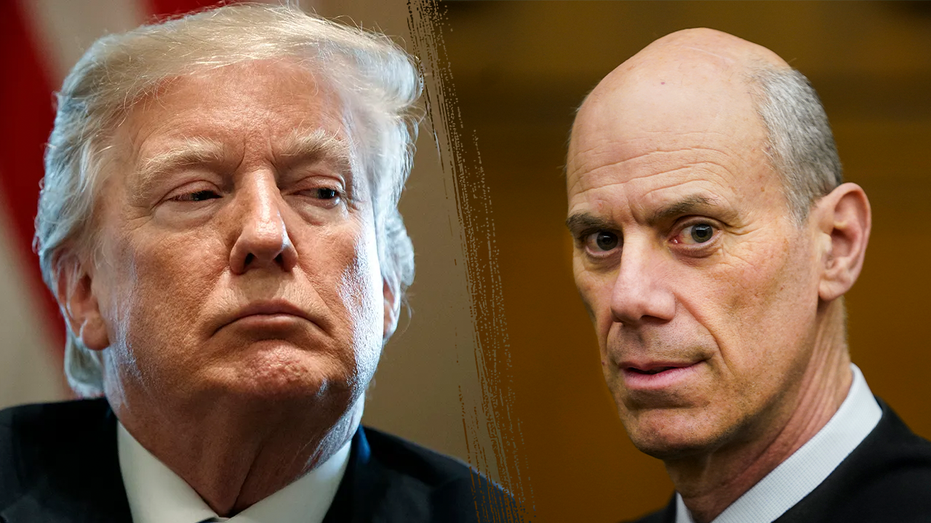


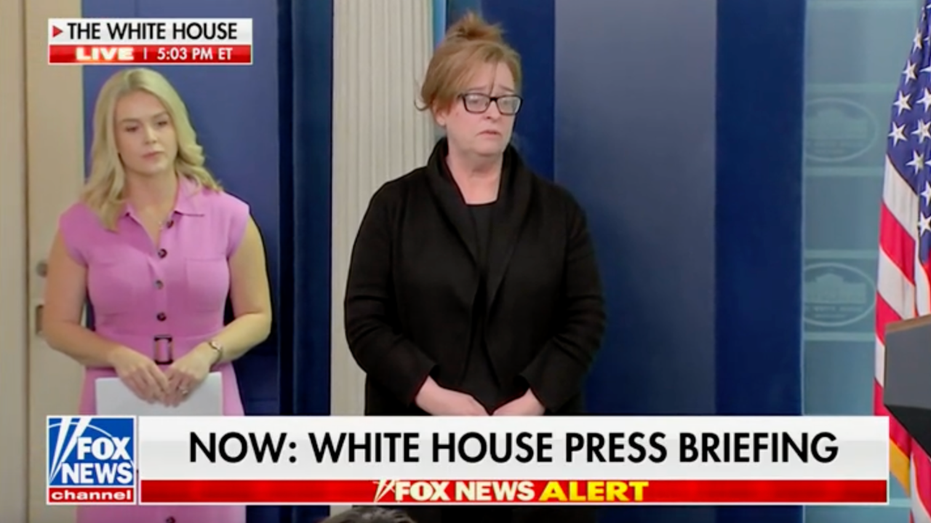
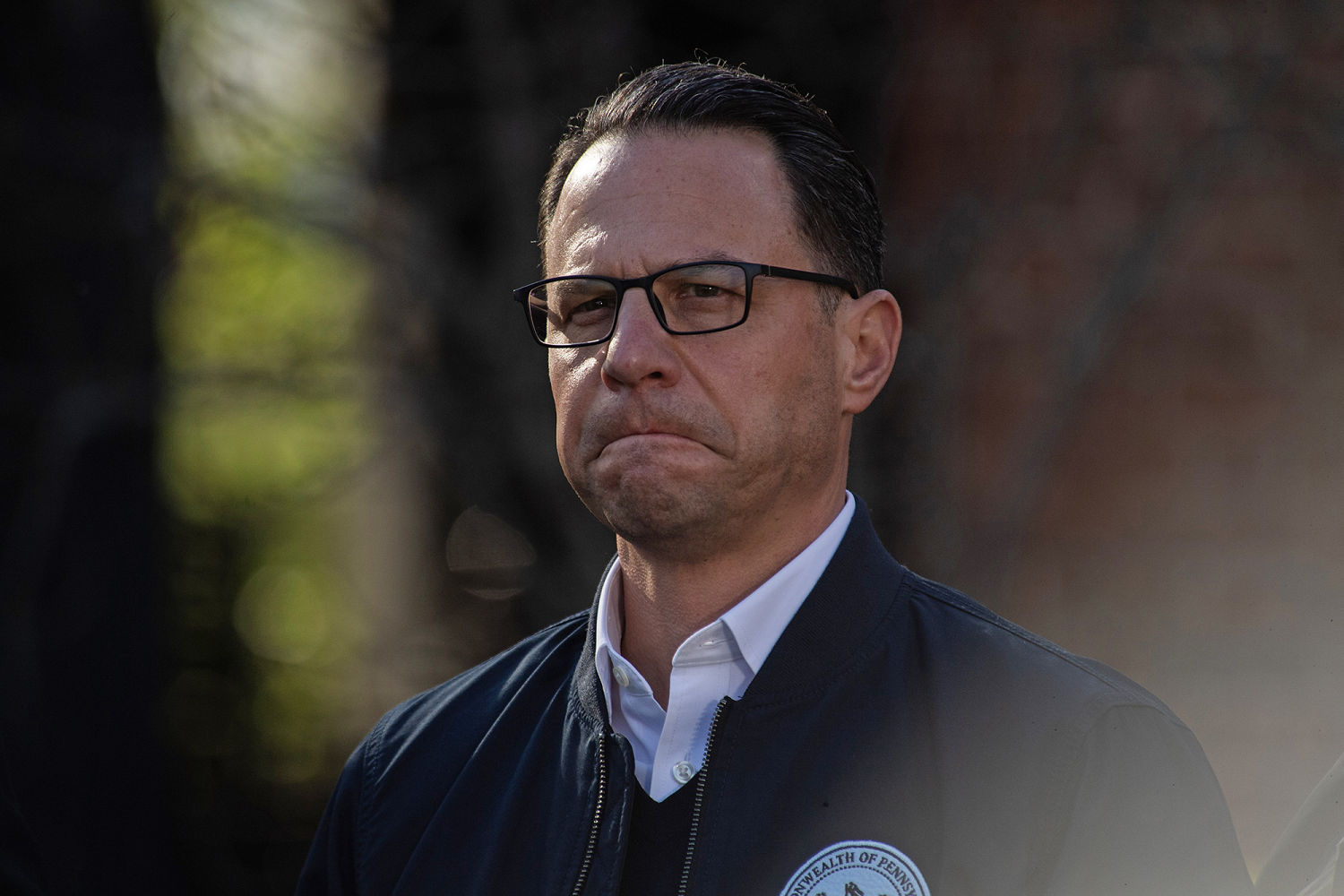

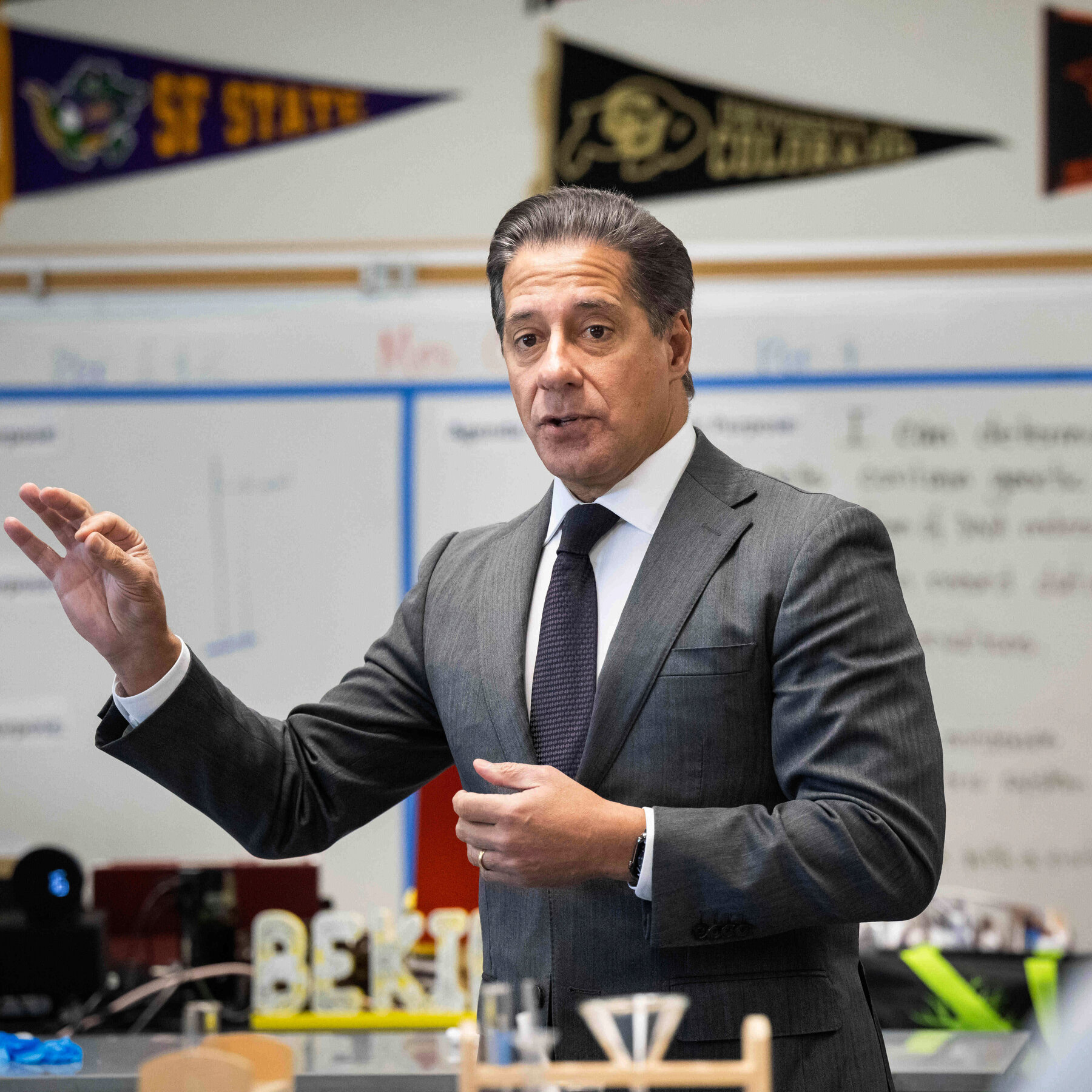






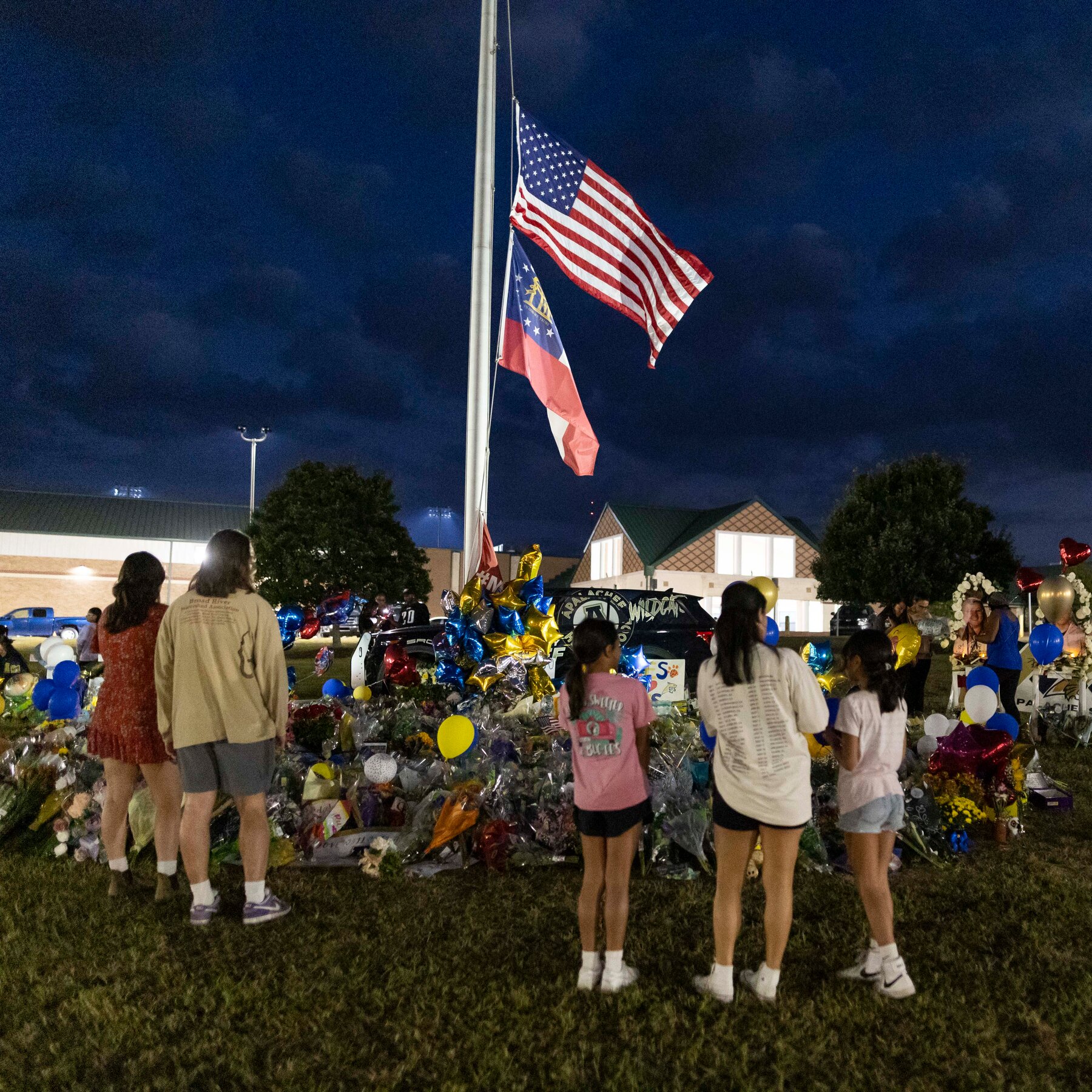
Leave a Reply